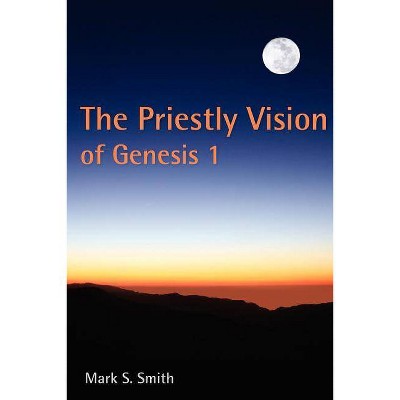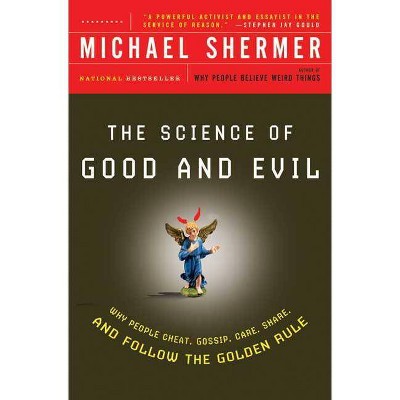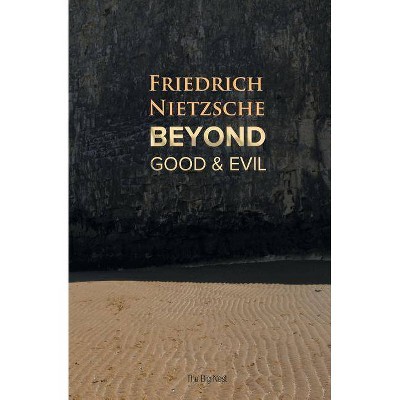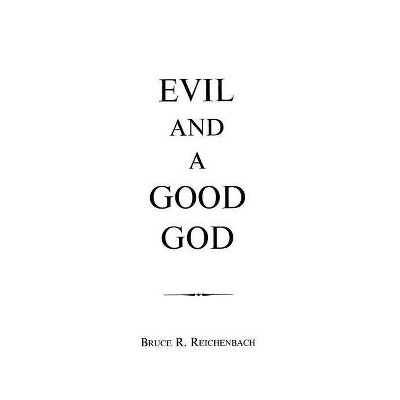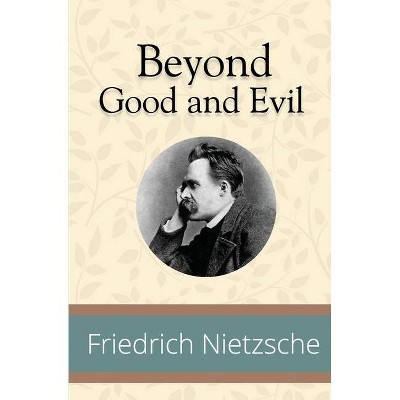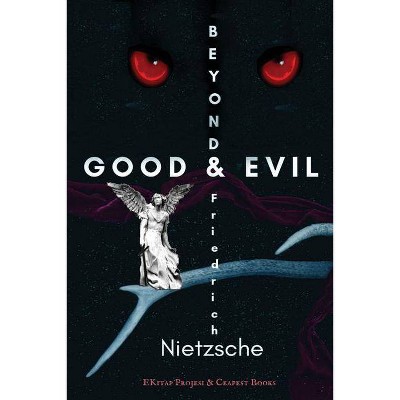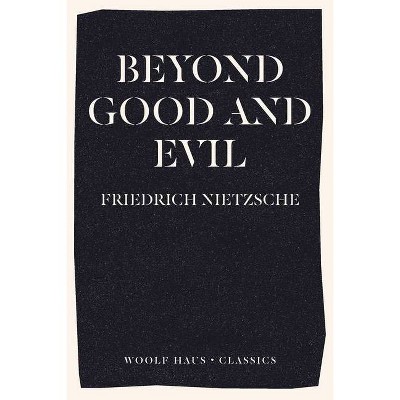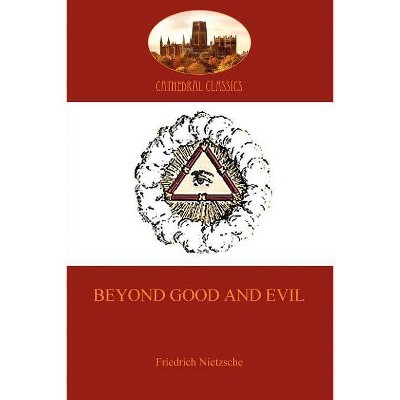The Genesis of Good and Evil - by Mark S Smith (Paperback)
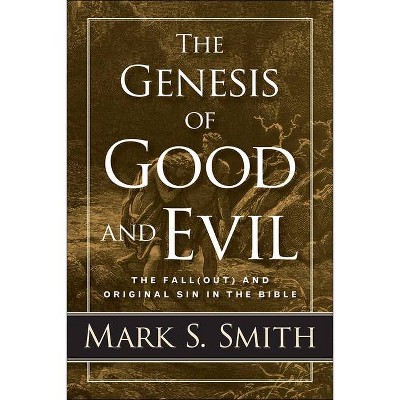
Similar Products
Products of same category from the store
AllProduct info
<p/><br></br><p><b> About the Book </b></p></br></br>For centuries, the Garden of Eden story has been a cornerstone for the Christian doctrine of the Fall and original sin. In recent years, many scholars have disputed this understanding of Genesis 3 because it has no words for sin, transgression, disobedience, or punishment. Instead, it is about how the human condition...<p/><br></br><p><b> Book Synopsis </b></p></br></br><p>For centuries, the Garden of Eden story has been a cornerstone for the Christian doctrine of the Fall and original sin. In recent years, many scholars have disputed this understanding of Genesis 3 because it has no words for sin, transgression, disobedience, or punishment. Instead, it is about how the human condition came about. Yet the picture is not so simple. <em>The Genesis of Good and Evil </em>examines how the idea of the Fall developed in Jewish tradition on the eve of Christianity. In the end, the Garden of Eden is a rich study of humans in relation to God that leaves open many questions. One such question is, Does Genesis 3, 4, and 6, taken together, support the Christian doctrine of original sin? Smiths well-informed, close reading of these chapters concludes that it does. In this book, he addresses the many mysterious matters of the Garden story and invites readers to explore questions of their own.</p><p/><br></br><p><b> Review Quotes </b></p></br></br><br><p>"With a welcoming voice and his characteristic erudition, Mark Smith takes on some of the most profound questions in Western religions. As he readily acknowledges, this book raises more questions than it answers; it could not be otherwise. But for those interested in further explorations, it also offers a wealth of resources." Christopher B. Hays, Ph.D., D. Wilson Moore Associate Professor of Ancient Near Eastern Studies Chair, Old Testament Department, Fuller Theological Seminary<br /><br /></p> <p/><p></p> <p/><br><br><p>Mark Smith has taken up a most overworked often misread text. He addresses a most vexed and insistent theological notion. He does so, moreover, with great attention to detail, patience with theological nuance, and wide-ranging critical awareness. The outcome of his work is a rich, fresh, and suggestive theological exposition of a very old issue. Smith cannot and does not seek to void the lingering over-read of the text by church tradition. But he does invite reconsideration of matters of sin and evil. He is, moreover, alert to the contemporary urgency of the issue and offers a most welcome interpretive encounter. Walter Brueggemann, William Marcellus McPheeters Professor Emeritus, Columbia Theological Seminary</p><br><br><p>Smith has written a valuable book, providing detailed analysis of biblical (especially Genesis 34; 6) and relevant ancient Near Eastern literature, an exploration of broad theological issues such as the nature of humanity in Genesis and the mystery of God, and an overview of the way original sin have been understood by Christian theologians. Smith concludes that it is better to speak of the fallout of what happens in Gen 3 rather than the Fall.A volume that will prove useful to the general reader and the specialist alike. David L. Petersen, Franklin N. Parker Professor Emeritus of Old Testament, Candler School of Theology, Emory University</p><br><br><p>This disarmingly honest, thoughtful, and gracefully written book addresses questions that regularly occur to readers of the biblical narratives in Genesis 111, but particularly in chapters 2, 3, 4, and 6. Their queries concern the nature of evil, the Fall, original sin, Satan, guilt, innocence, the implications of being human, and the wrongness of human curiosity. Depending on the individual readers, the questions may be considered of general interest or of personal concern. When examining specific questions and their implications, Mark S. Smith draws from knowledge and insights in the works of ancient and premodern theologians and biblical commentators typically found on traditional Christian and Jewish bookshelves as well as from research found on the bookshelves of twenty-first-century historians and language experts, all specialists in different aspects of ancient Israels culture and the contemporaneous civilizations of the pre-Christian, Ancient Near East. The book reads quickly. It is an action adventure for the restless mind that has a satisfactory but open-ended conclusion. For those interested in how Smith pulls this off, he provides a large section of Endnotes containing references and side-bar discussions. Ziony Zevit, Distinguished Professor of Biblical Literature and Northwest Semitic Languages and Literature, American Jewish University, Los Angeles</p><br><br><p>Was there a Fall? Was there an original sin? The prolific author Mark S. Smith offers insight and writes with clarity, insight, and profundity on these pivotal topics that are so vital to biblical theology. While not all will agree with every element of his analysis of the relevant texts, his reflections will provoke better understanding and further discussion. All those who are interested in these important questions will have to reckon with Smiths perspective. Tremper Longman III, Distinguished Scholar and Professor Emeritus of Biblical Studies, Westmont College</p><br>
Price History
Cheapest price in the interval: 17.49 on November 8, 2021
Most expensive price in the interval: 17.49 on December 20, 2021
Price Archive shows prices from various stores, lets you see history and find the cheapest. There is no actual sale on the website. For all support, inquiry and suggestion messagescommunication@pricearchive.us
